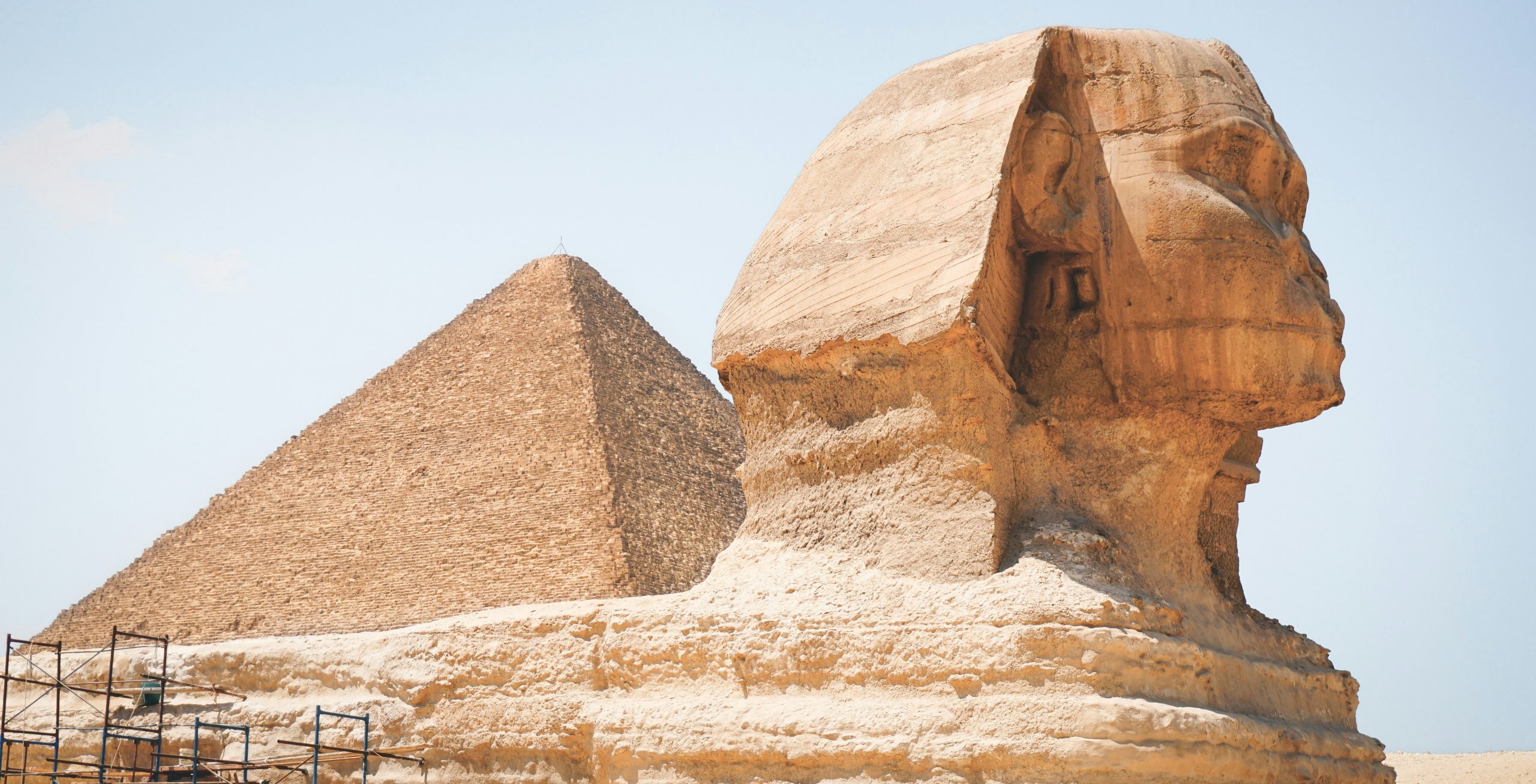Table of Contents
- 1 The Public Image vs. Private Reality
- 2 Family Life and Relationships
- 3 Health and Longevity
- 4 Extramarital Affairs and Scandals
- 5 Personal Interests and Hobbies
- 6 The Role of Advisors and Confidants
- 7 Insights from Archaeological Discoveries
- 8 Historical Interpretations and Modern Perspectives
- 9 Conclusion
![]()
Ancient Egypt, a civilization famed for its grandeur and mystique, was profoundly shaped by its pharaohs. These rulers were perceived as divine intermediaries between the gods and the people, orchestrating both the spiritual and temporal realms of their society. However, behind the public splendor and monumental achievements lay the intricate and often private lives of these enigmatic figures. Exploring the “secret lives” of ancient Egyptian pharaohs offers a compelling glimpse into the human dimensions of these legendary rulers, revealing aspects of their personal lives that contrasted starkly with their public personas.
The Public Image vs. Private Reality
Pharaohs were depicted in grandiose ways, intended to underscore their divine status and authority. Monumental statues, intricate tombs, and grand temples portrayed them as eternal beings, gods on earth whose every action was underpinned by divine will. These public depictions served to affirm their supreme status and consolidate their power.
Yet, these images often mask the realities of their daily lives. Pharaohs, despite their lofty status, engaged in routine activities that humanized them. They managed state affairs, interacted with advisors, and partook in daily rituals—activities that reveal a more grounded aspect of their existence. Their private lives, characterized by personal decisions and everyday struggles, were often concealed behind the veil of divine grandeur.
Family Life and Relationships
Family was a cornerstone of pharaonic rule, deeply entwined with politics and succession. Marriages among pharaohs were frequently strategic, designed to forge alliances and consolidate power. The unions were not merely personal but political, affecting the stability and future of the dynasty. For instance, the marriage of Pharaoh Akhenaten to Nefertiti was not just a personal bond but a political statement that influenced religious reforms.
Pharaohs also had children who were groomed for leadership. The education and upbringing of these royal offspring were meticulously planned to ensure their readiness to assume the throne. The succession was a critical aspect of pharaonic life, ensuring that the lineage remained unbroken and the divine rule continued.
Health and Longevity
The health of pharaohs was a significant concern, as their well-being was perceived to reflect the stability of the realm. Medical knowledge in ancient Egypt was advanced for its time, with treatments ranging from herbal remedies to surgical procedures. Yet, pharaohs were not immune to health issues. Records suggest that some suffered from ailments like diabetes, arthritis, or even congenital disorders, which could affect their ability to rule effectively.
Longevity was another issue. The average lifespan of a pharaoh could be relatively short due to health problems, accidents, or political violence. Burial practices, including mummification, were not just about preserving the body but also about ensuring the pharaoh’s safe passage to the afterlife, reflecting the deep-seated beliefs in immortality and divine favor.
Extramarital Affairs and Scandals
Despite their divine status, pharaohs were not immune to personal scandals. Extramarital affairs were not uncommon and often had significant implications for their reign. Cleopatra VII, for instance, had notable liaisons with Julius Caesar and Mark Antony, relationships that influenced not only her personal life but also the political landscape of Egypt and Rome.
Such scandals could have profound impacts on a pharaoh’s reign, affecting their public image and political stability. Historical interpretations often reflect the biases of the times, influencing how these affairs were viewed and recorded.
Personal Interests and Hobbies
Beyond their official duties, pharaohs had personal interests and hobbies that offer a window into their private lives. Many were patrons of the arts, commissioning works that reflected their personal tastes and cultural values. Pharaohs such as Ramses II were known for their extensive building projects, which were not just political statements but also personal passions.
Leisure activities were also part of a pharaoh’s life. Hunting, playing games, and attending festivals were among the recreational pursuits enjoyed by these rulers. These activities provided a respite from the pressures of governance and allowed pharaohs to indulge in personal pleasures.
The Role of Advisors and Confidants
Pharaohs relied heavily on a network of advisors and confidants to manage their extensive responsibilities. These high officials played crucial roles in the daily functioning of the state, often influencing policy decisions and administrative practices. The relationships between pharaohs and their advisors could be complex, with some advisors gaining significant power and influence.
Personal relationships with these trusted figures could affect governance, with advisors sometimes acting as mediators between the pharaoh and other factions within the court. The interplay between personal and political relationships highlights the intricate dynamics of pharaonic rule.
Insights from Archaeological Discoveries
Archaeological discoveries provide invaluable insights into the private lives of pharaohs. Excavations of tombs and burial sites have revealed artifacts that reflect the personal aspects of pharaonic life. Items such as jewelry, personal possessions, and inscriptions offer glimpses into the daily lives and preferences of these rulers.
Letters, diaries, and personal records, though less common, also shed light on the personal thoughts and relationships of pharaohs. These documents provide a direct window into their private concerns and interactions, enriching our understanding of their lives beyond their public personas.
Historical Interpretations and Modern Perspectives
The interpretation of pharaohs’ lives has evolved over time. Early historical accounts often portrayed them through a lens of divine or heroic narrative, while modern scholarship aims to present a more nuanced view, integrating archaeological evidence and critical analysis. Popular culture has also played a role, with films, literature, and media shaping contemporary perceptions of these historical figures.
These evolving perspectives highlight the complexity of understanding ancient rulers. As new discoveries emerge and interpretations shift, our grasp of the secret lives of pharaohs continues to deepen, revealing the multifaceted nature of their existence.
Conclusion
The secret lives of ancient Egyptian pharaohs offer a fascinating juxtaposition to their public personas. By delving into their personal relationships, health issues, scandals, interests, and the influence of advisors, we gain a richer understanding of these legendary rulers. While their public image remains one of divine majesty, the private aspects of their lives provide a more nuanced view, reflecting the human experiences behind the grandeur of ancient Egypt. Exploring these facets not only enhances our knowledge of pharaohs but also enriches our appreciation of their complex legacy.
Share This





Be the first to comment